
Residents of Hadaba in South Sinai’s Sharm El-Sheikh stood in front of cranes, bulldozers, and backhoes on 30 April, blocking them from resuming what they claim is the destruction of reefs on the Red Sea coastline. The cliff – which runs from Sharm El-Sheikh’s Aida and continues intermittently along the coastline until the Grand Azure Resort – is subject to collapse due to the discovery of cracks in nine sections of the cliff, activists say.
They allege that the governorate hired the Arab Contractors, an Egyptian construction and contracting company, to restore the cliff – but without public consultation or prior notification.
The community which gathered between 28-30 April to obstruct the construction say that the debris falling from heavy machinery will destroy the cliff’s re...
Read More

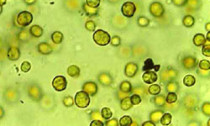
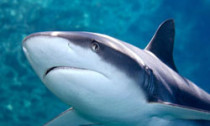
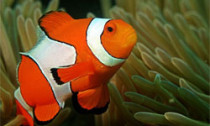
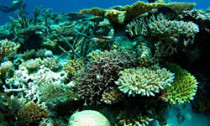
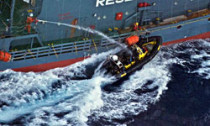

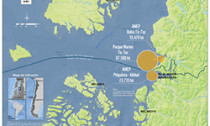
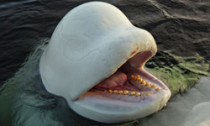



Social Profiles